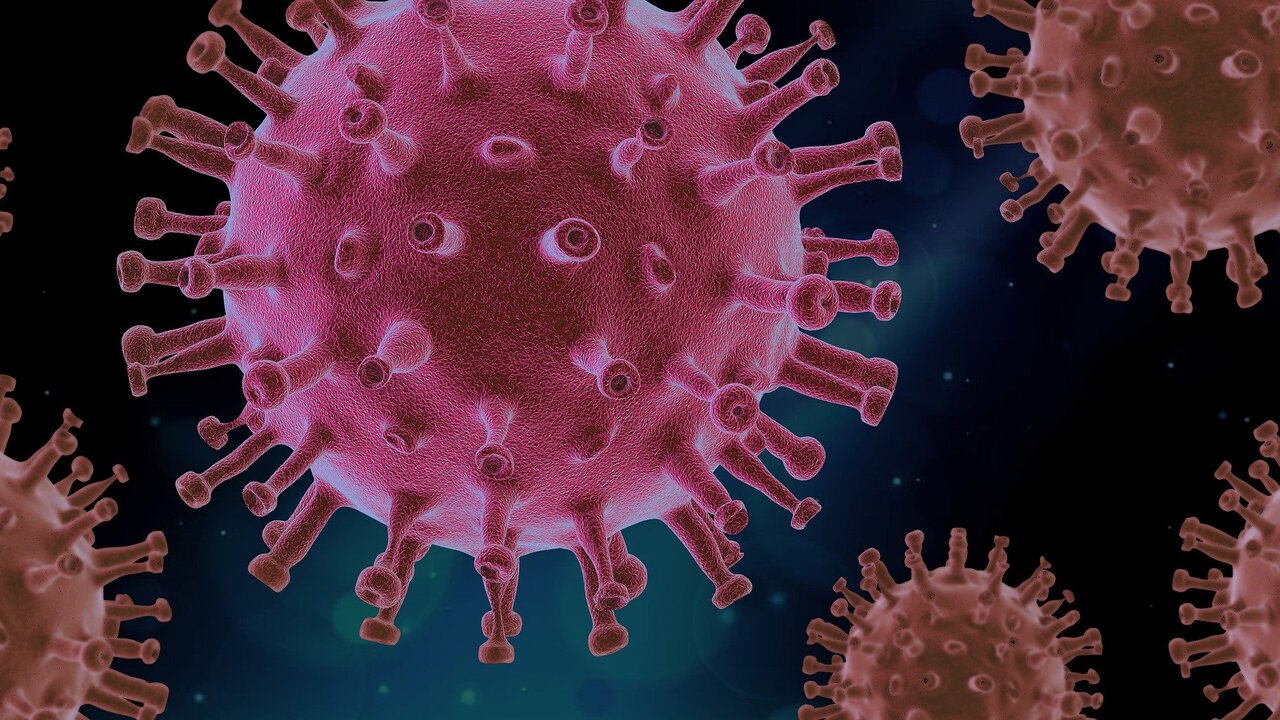The results of the study, published in Science Translational Medicine, suggest that lung damage is associated with the loss of immune cells called macrophages, which normally live in the lungs and organize tissue repair, followed by the influx of new macrophages from the blood. lungs that cause inflammation.
The study collected blood and lung fluid samples from healthy controls and 583 COVID-19 patients admitted to Mount Sinai Hospital as part of the Health System’s COVID-19 Biobank. These cohorts were followed from March to December 2020.
The researchers used serum proteomics and immune cell phenotyping to compare the systemic immune response of the two groups and identify potential disease severity factors that could predict which patients are most at risk and guide new treatment protocols. They found that the severity of COVID-19 was associated with a change in the specific functions of various macrophage populations in the lungs.
The researchers may partly explain why older adults, who initially have less reparative macrophages living in their lungs and can produce more inflammatory macrophages from the blood, may be prone to serious illness.
The researchers emphasize that this study highlights the need to improve measures of the immune system in patients.
News cannot be equated with a doctor’s prescription. Consult an expert before making a decision.
Source: Ferra











